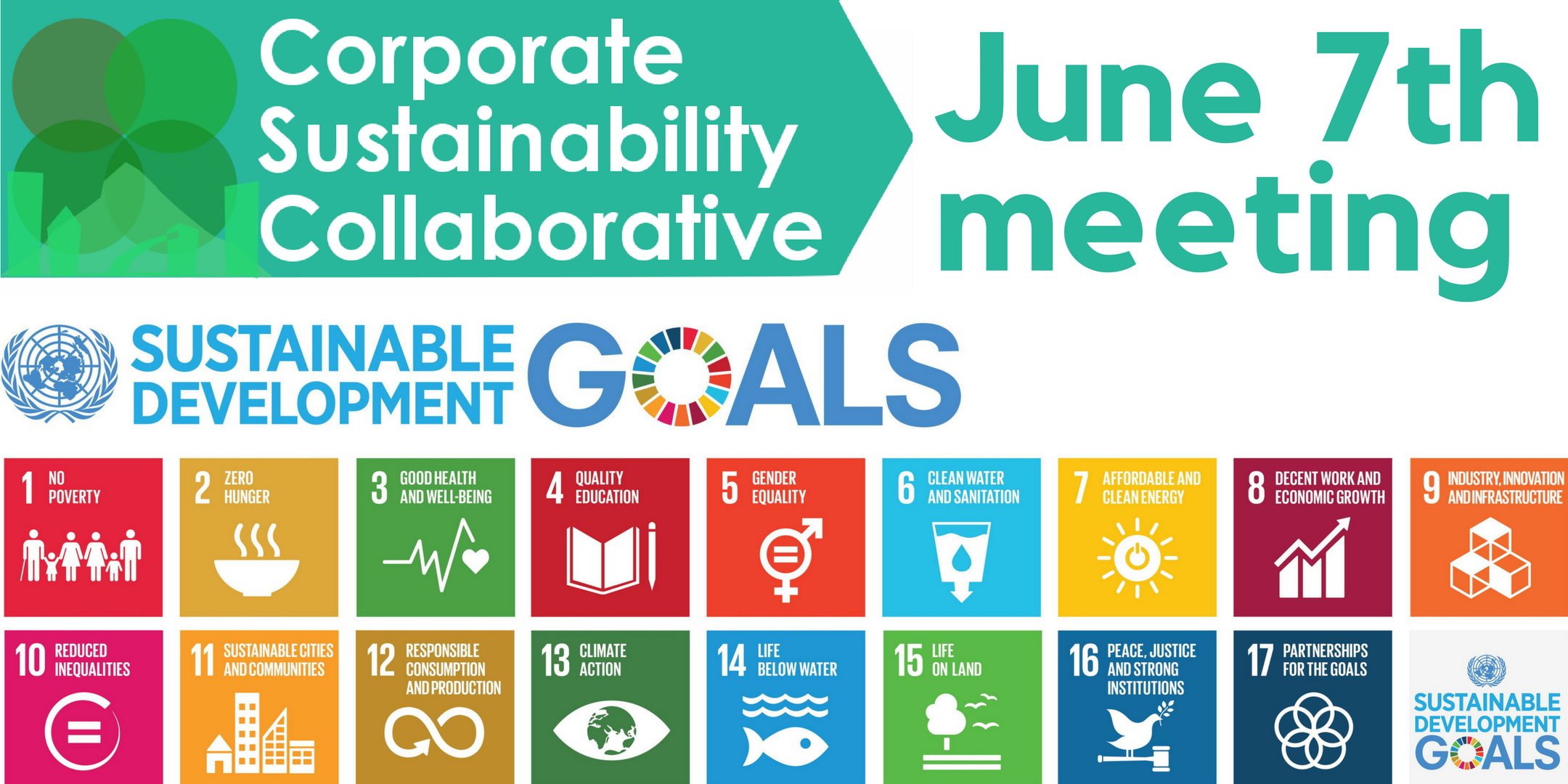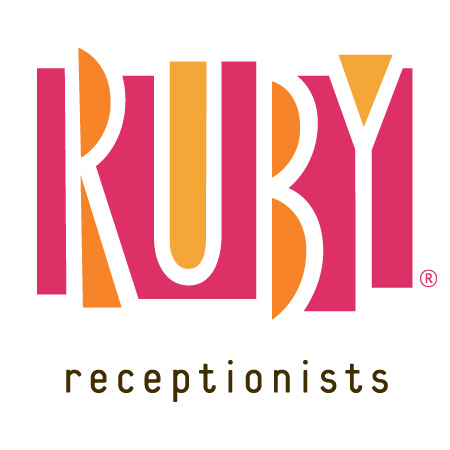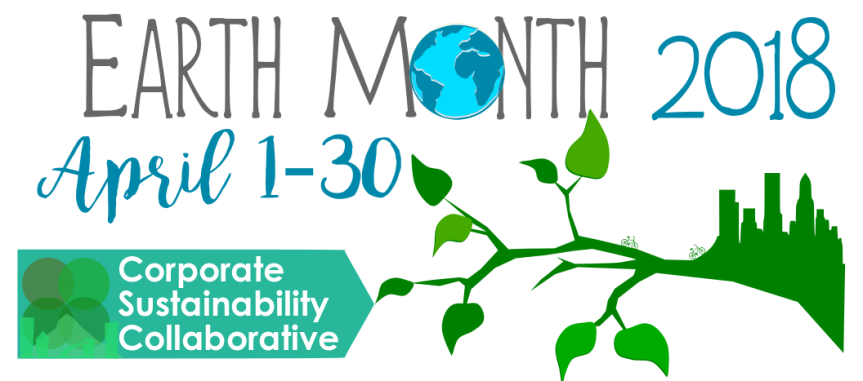Whether you’re loving working from home or have found it challenging (or both!), we can take some solace in the knowledge that we’re all navigating this new territory to the best of our abilities. We invited three speakers to our October Lunch & Learn to provide a compass to help lead us through this unique WFH wilderness. With 90 people registered, this was our largest lunch-time gathering yet – one of the positives of this new virtual world!
Watch a recording of the Lunch & Learn: https://youtu.be/FBdCqCGSPLw
Choosing (and using) technology
To kick things off, we heard from Elise Keith, co-founder and CEO of Lucid Meetings, who shared the technology and methods that make for the most engaging online meetings — a must in the days of remote work. Lucid Meetings was founded in 2010 as a remote first company, and just last March was recognized as a top influencing brand in remote work. Our top pieces of wisdom that we want to highlight from Elise’s presentation are:
- The best collaborative technologies for your team are the ones that you will actually use.
- Managers should set up clear terms with your team on what is expected in a remote environment with response times, availability, etc. Allow employees to work and live their lives cohesively.
- Zoom fatigue is real. In video meetings we do a lot of surface acting and it exhausts us! Reduce that surface acting and the associated stress by simply turning off self-view on your camera. Give it a try at your next meeting!
Culture and connectedness
We also heard from Shawna Shandy, Director of Organizational Development at Ruby Receptionists. A model of sustainability ethos, Ruby Receptionists has wrestled through the 2020 changes and shared their learnings as they’ve adjusted to a remote environment. Culture is at the core of how Ruby operates, and Shawna shared with us their experience maintaining their culture in a virtual space. Over the last 5 months, Ruby has brought on over 180 new team members virtually, the largest group they’ve onboarded to date, and it also happens to be the most engaged group with so much gratitude for the culture even in a remote space! We’ve outlined below some of our favorite learnings from Shawna’s presentation and Ruby Receptionists’ experience:
- Utilize unique team building opportunities in virtual space to continue to build and reimagine your culture beyond the work environment
- Ruby uses Yammer as a means of connecting with one another in lieu of having the traditional office watercooler chat. Yammer brings a casual social-media like sense to communications and encourages connection between employees beyond work discourse. Find what works for your team and try to stay engaged!
- Our humanity is bringing us closer together. We’re all in different boats making our way through the same storm. If there’s anything we’ve gained from 2020, it’s a sense of empathy and humanity. People are getting more comfortable in online meetings, we understand dogs bark and babies cry, and those very humanizing moments can actually bring us closer together.
Tracking, trust and transparency
Finally, we were joined by Natalie Ruiz, CEO of Anywhere Works, an organization that has facilitated remote working long before COVID and simultaneously maintains a lively, engaged corporate culture. Natalie shared some great insight into what employees value in company culture (hint: it’s not ping-pong and office snacks), how transparency and trust can make or break remote work productivity, and how important it is to be honest with yourself about what is or is not working. Some of our favorite insights from Natalie’s experience in the remote work world are:
- Have the right tools – tracking is key! Use tools that help monitor productivity, connection, scheduling, and learning.
- Video is important – it allows you to see people’s faces, build rapport, connect and check-in in a real intentional way while avoiding miscommunications.
- Invest in your culture. Think outside the cubicle for this. Think about who you want to be as a company, and be serious about it!
Q&A with our speakers
What are some technologies/softwares your team is using to facilitate remote work?
- Teams
- Slack
- Zoom
- Google Meet
- Ringcentral
- Confluence
- Mentimeter
- Blue Jeans
- Miro
- Smartsheet
- Google Drive
What about your team are you more grateful for today than you were a year ago?
- More willingness to be flexible
- Seeing more pets and family!
- More unguarded/genuine interaction
- We get to know more about coworkers
- Sense of humor
- Ability to adapt
What is your team’s top Covid-era challenge?
- Zoomed out
- Burnout and fatigue
- Connecting with clients
- Training staff
- Feeling like you always have to be connected
- Navigating what is coming in the pipeline – feeling a little blind to the future
- Missing the whiteboard!!!
How has your team attempted to replace the water-cooler/hallway chat of office work?
- Planned serendipity: randomized coffee dates between employees
- Coffee buddy bot on slack
- Watercooler on slack
- Costume contests
- Virtual happy hours and game times
- One on one or group Teams messaging
- Noon time stretch and desk yoga led by staff
- Coffee Fridays via Microsoft Teams
- Dance party! Everyone gets the same song prompt then records some dancing and we make a fun music video
We’ll leave you with some of our favorite overall pieces of advice that came from this Lunch and Learn as well as some great insights shared by attendees in the meeting chat:
Show up and share your own humanity – provide feedback, be vulnerable.
Learning from failure is useful, be kind to yourself and your team.
Trust is so important, especially in remote work. Trust your team!
Host each other, show care, and be good stewards of each other’s time.
Thank you to our terrific speakers and everyone who attended! You can revisit the presentations (or share them with colleagues!) here: https://youtu.be/FBdCqCGSPLw

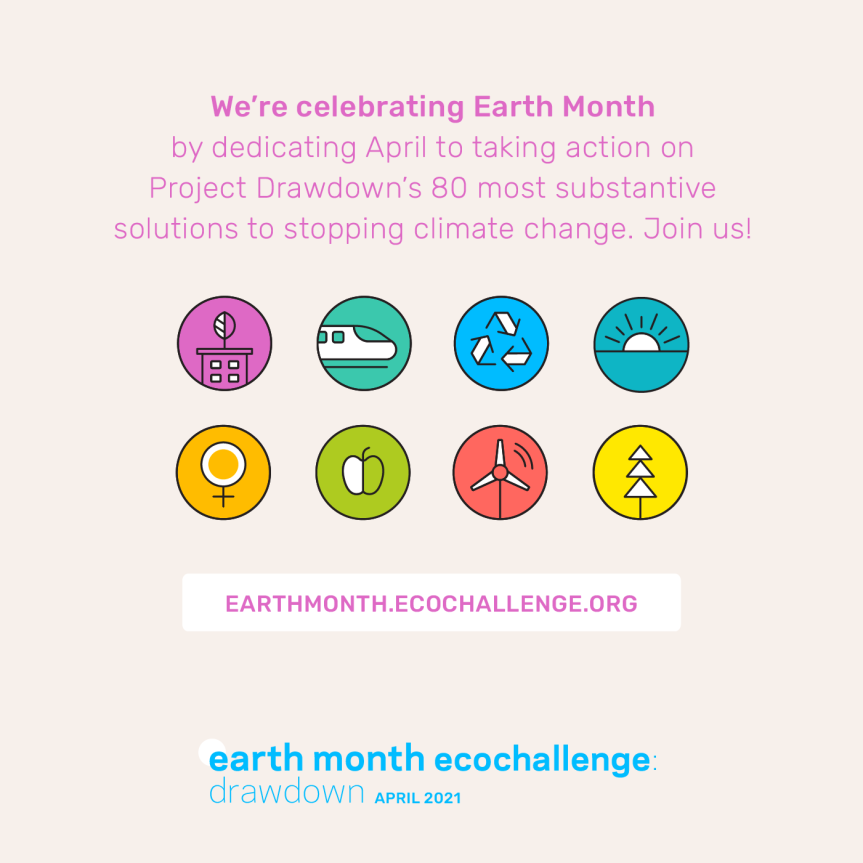
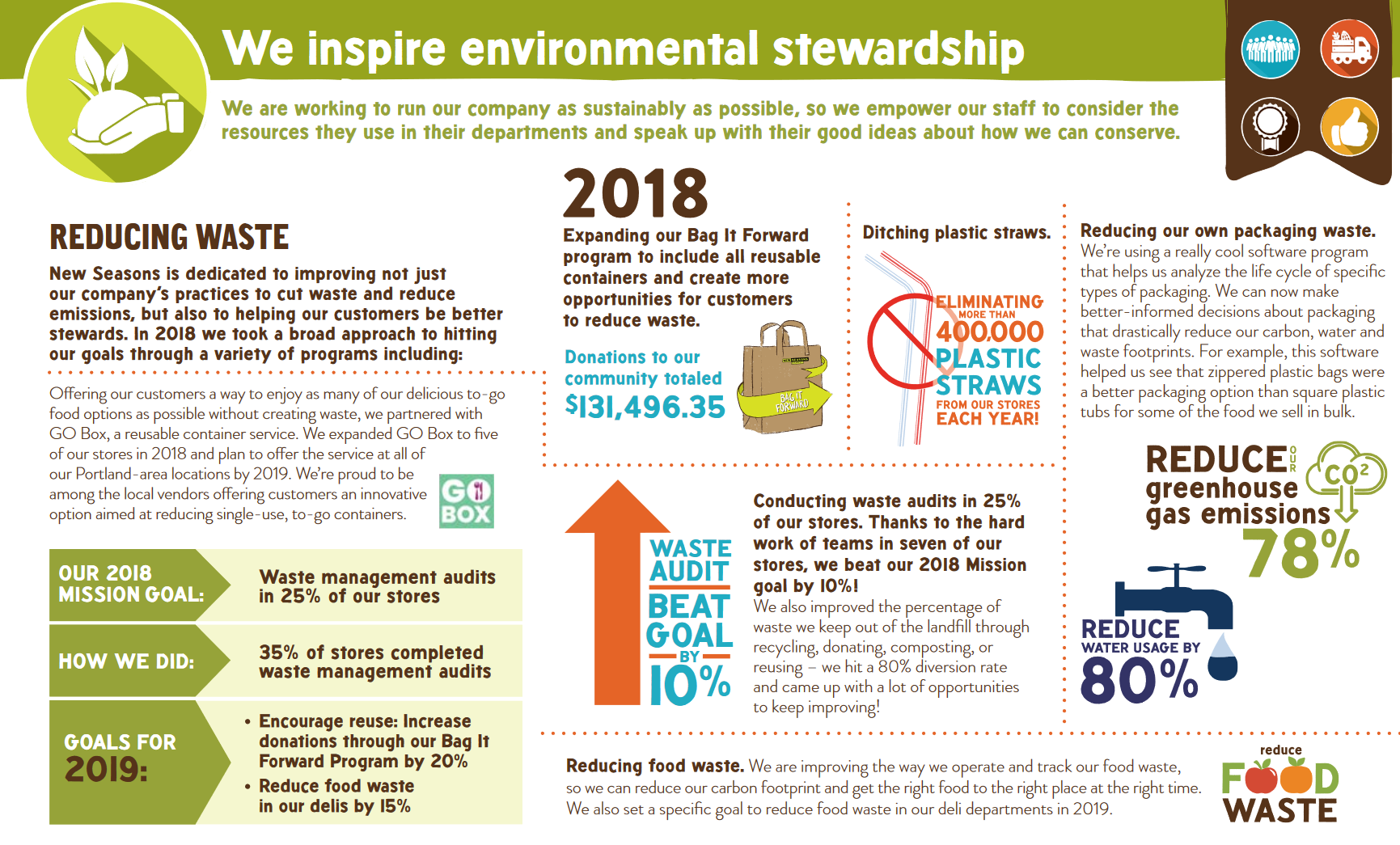 built around them. The report is fun, colorful, and full of both easy-to-digest stats about New Seasons Market, its operational sustainability and also its community involvement with local nonprofits. Athena also highlighted the involvement of everyone from HR staff to front-line staff in providing the information, stories and photos the report highlights. See their updated report at
built around them. The report is fun, colorful, and full of both easy-to-digest stats about New Seasons Market, its operational sustainability and also its community involvement with local nonprofits. Athena also highlighted the involvement of everyone from HR staff to front-line staff in providing the information, stories and photos the report highlights. See their updated report at 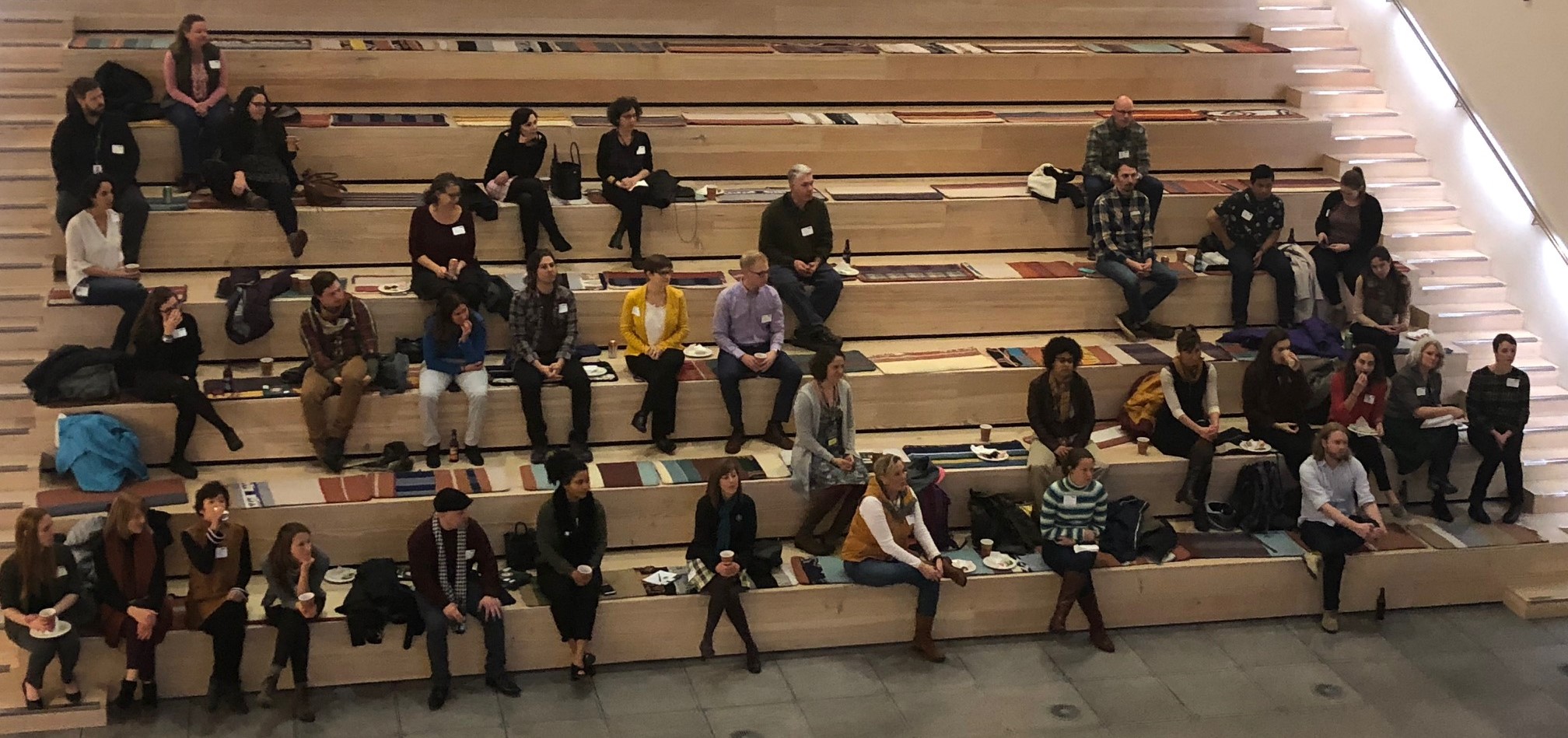

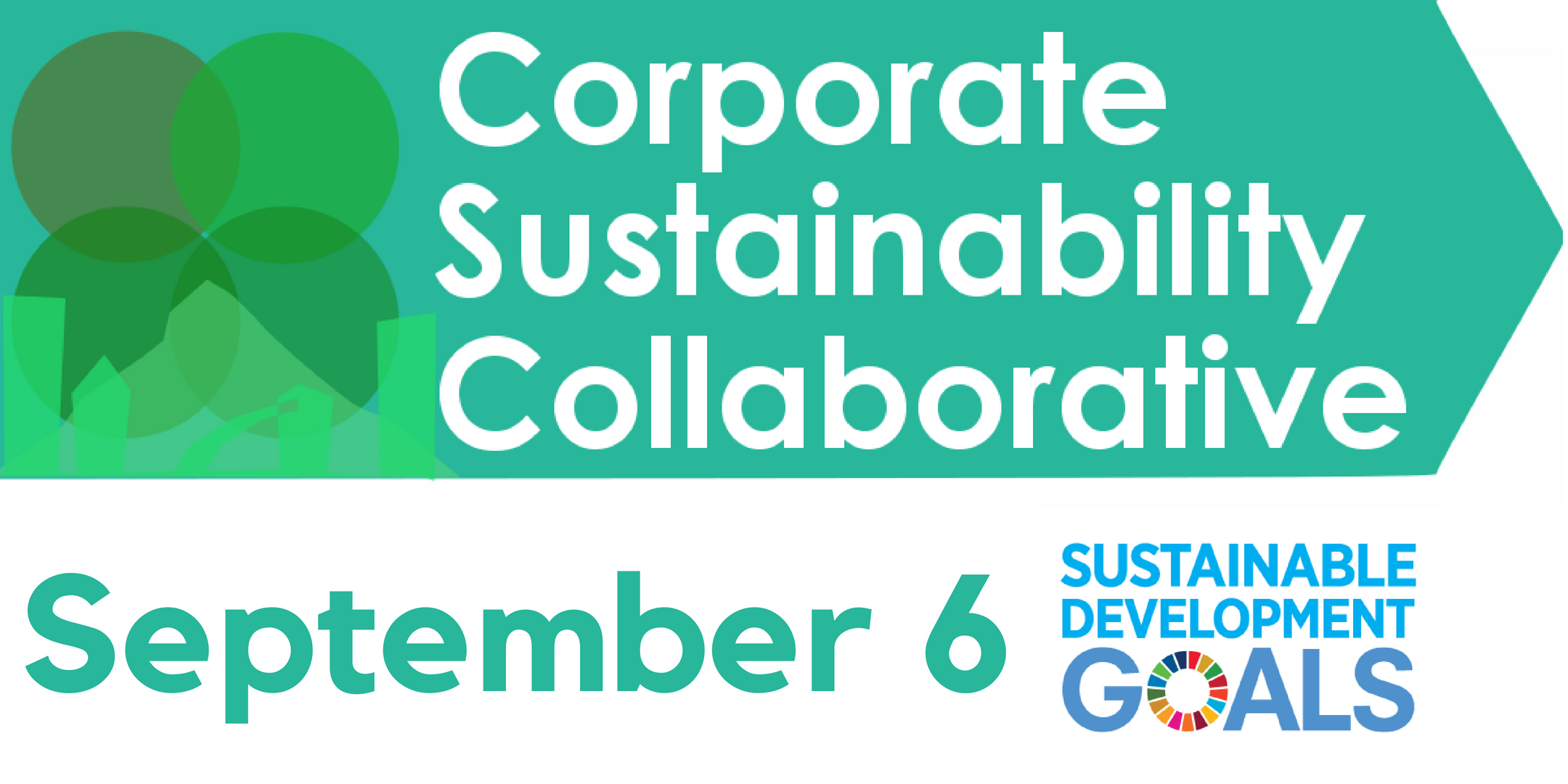

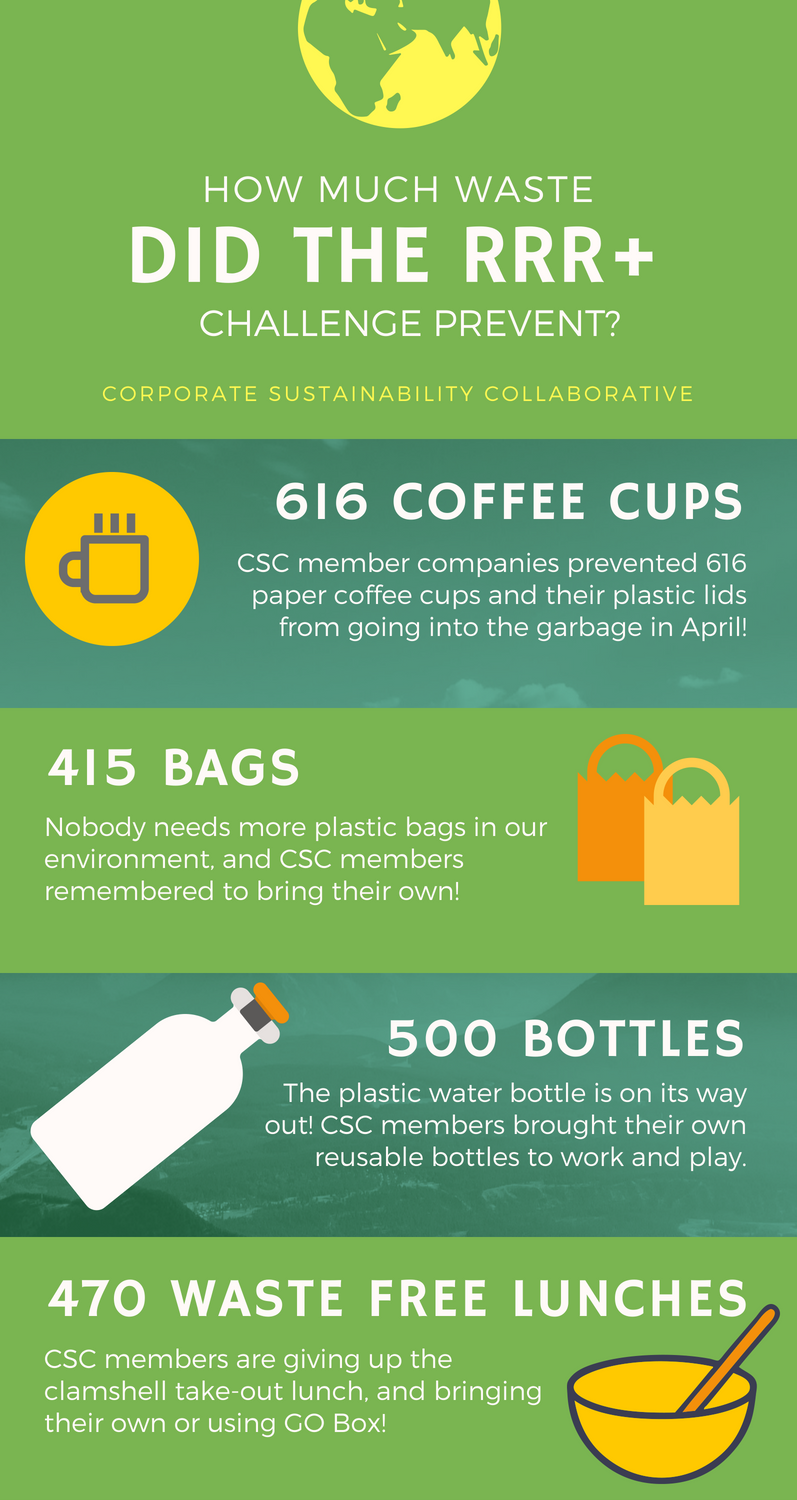 Preventing waste. Touring our city’s garbage transfer station. Giving you the low-down on our recycling system. Movie night. Volunteering (in the city AND at a natural area.) A group bike ride with a tour of a food distribution hub.
Preventing waste. Touring our city’s garbage transfer station. Giving you the low-down on our recycling system. Movie night. Volunteering (in the city AND at a natural area.) A group bike ride with a tour of a food distribution hub.